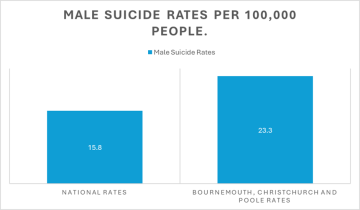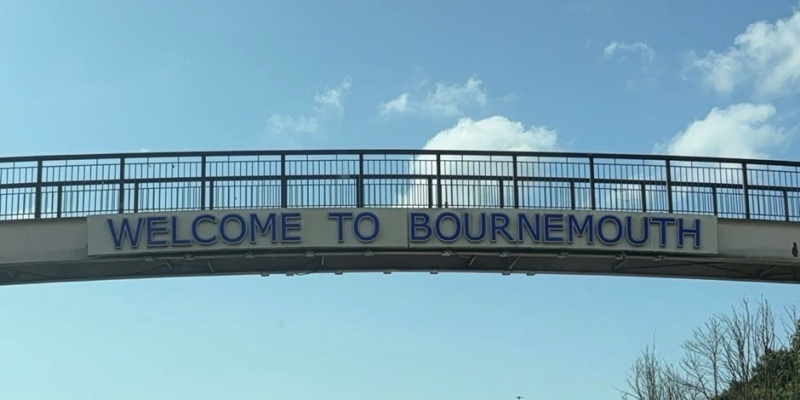While mental health has been shown to improve nationally, data shows that people in Dorset struggle with their mental health more than the national average.
Mental Health has been a major problem in the UK for many years.
However, the issue was only really highlighted during and after the COVID-19 pandemic.
According to experts, there was an all-time high of suicide rates during lockdown as many people were left with no place to seek help.
A 2024/25 report by Dorset council shows Mental health statistics in the UK, with one in five (20.2%) having a common mental health condition.
Furthermore, the male suicide rate in Bournemouth, Christchurch and Poole (BCP) was 23.3 per 100,000, which is significantly higher than in comparison to the national rate of 15.8 per 100,000.

According to Movember UK, almost three in four suicides will be a male, with suicide being the leading cause of death in men aged 20 to 34 in the UK.
The BCP statistic is shown to be significantly higher than National, highlighting the mental health crisis in Dorset
Movember mass participation manager Hollie Llwelyn-Davies explains the charity is attempting to “meet men where they are” because “men actively will not seek help from doctors, so you have to try to bring the help to them”
Data also provided by BCP Council states that rates for hospital admissions due to self-harm in ages 10-24 is higher in Dorset than the UK average.
The rate is significantly higher for hospital admissions, at 814.8 per 100,000 admissions, compared to the national rate of 439.2 per 100,000 admissions.
It is 30% more likely for Dorset to receive a hospital admission for mental health causes than the average admissions across England, which is a worrying development.


 Half of the children in Dorset fail to meet daily activity guidelines
Half of the children in Dorset fail to meet daily activity guidelines